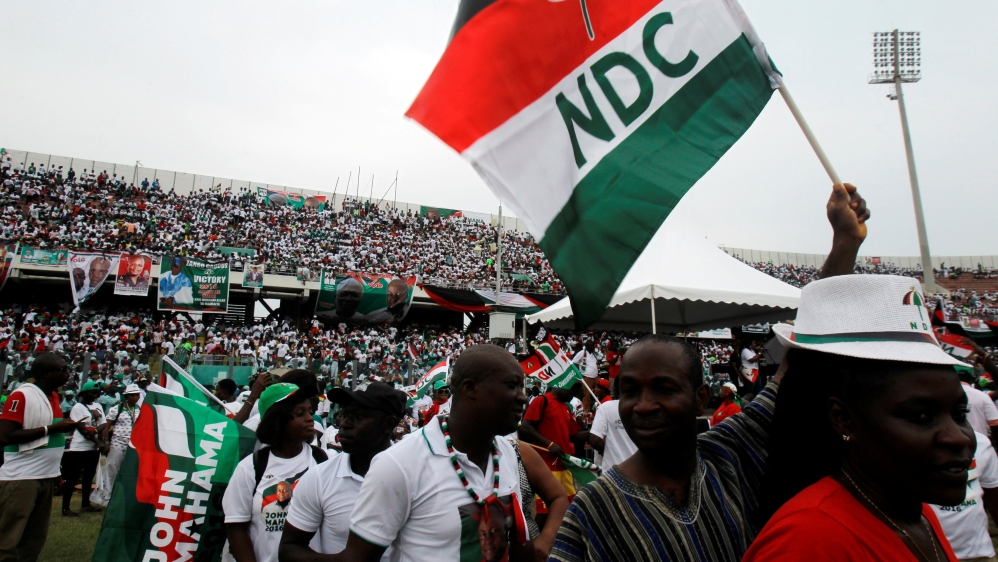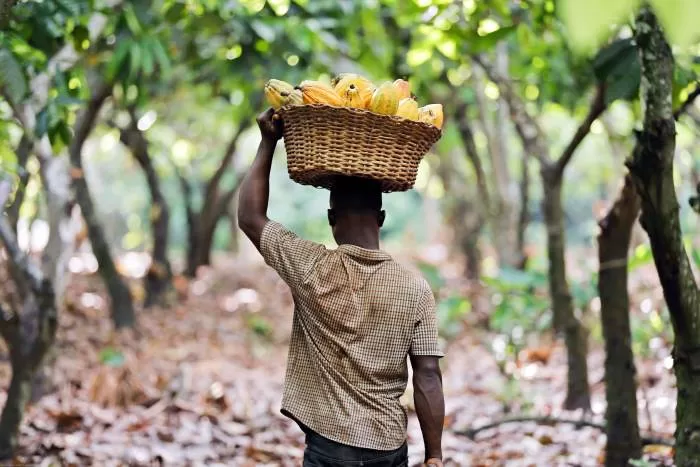The Co-chair of the Ghana Extractive Industry Transparency Initiative has revealed that Ghana’s oil fields are peaking, leading to a decline in crude oil production.
Dr Steve Manteaw told Evans Mensah, host of Joy News’ PM Express, on Wednesday that “the last time I checked, we have produced half of Jubilee Fields, a third of TEN, and about a tenth of Sankofa Gye Nyame.”
He cautioned, “So if we don’t add to our reserves, in a matter of 10 to 15 years, we will have no oil industry.”
This follows a PIAC report indicating that crude oil production in Ghana declined for the fourth consecutive year in 2023.
Experts say drastic measures must be explored to deal with the matter.
Dr Manteaw said despite the Ghana National Petroleum Corporation (GNPC)’s efforts to attract investors, nothing substantial has materialised.
“Sometimes I feel we are even throwing money down the drain. The investments are not coming for obvious reasons; we had EXXON Mobil exit our oil industry, and their reason was the prices of our blocks and the quantum of finds they made.
“If we had bigger blocks, then they have a better prospect of finding oil in the right quantities that will get them value for money.
“The other reason, which we infer from our last bidding round, has to do with the data quality…we do not have adequate data in the right quality to be able to attract investors,” he said.
Technical Manager of the Public Interest and Accountability Committee (PIAC), Mark Agyemang, has revealed that they have been warning of a decline in crude oil production since 2018.
According to him, operational issues and regulatory and governance challenges have led to a drastic decline in oil production.
As a result, the sector has not seen any new petroleum agreements since 2018.
“Jubilee is 12 or 13 years into its production life. It’s projected to have a lifespan of 25 years. Now it’s more like halfway through its production life. So you naturally expect a decline because reservoir pressure is being depleted.
“So they have to kind of adopt artificial measures, either gas injection, water injection, and the like to bring on stream more oil.”
Additionally, the management of the Tweneboa Enyenra Ntomme (TEN) Oil Field has admitted operational challenges to PIAC and is working to address them, Mr Agyeman said.
PIAC 2023 Report
Throwing light on happenings in the upstream petroleum sector, the report indicated that crude oil production reduced “from a high of 71.44 million barrels in 2019 to 48.25 million barrels in 2023.”
This represents an annual average decline of 9.2%.
Of the 48 million barrels, 63% came from the Jubilee Fields, 23% from SGN and 14% from TEN.
“For the year 2023, a total of 48,247,036.61 barrels (bbls) was produced from the three producing fields; Jubilee – 30,444,217 bbls (63%); TEN – 6,716,278 bbls (14%) and SGN 11,086,541.61 bbls (23%).”
For raw gas, a total of 255,171.97 MMSCF was produced in 2023 from the SGN Field (127,203.02 MMSCF, 50%), Jubilee (77,900.05 MMSCF, 30%) and TEN Fields (50,068.90 MMSCF, 20%). The average achieved price by the Ghana Group for all three (3) producing fields during the period under review was US$78.067/bbl.
On the back of this, the committee recommended that the government and the relevant regulatory bodies should take the appropriate steps to reverse production decline in existing fields and ensure investments in unexploited fields.
The 2023 Annual Report is in fulfilment of PIAC’s obligation under the Petroleum Revenue Management Act, 2011 (Act 815), as amended by Act 893, to publish Semi-Annual and Annual Reports.



















